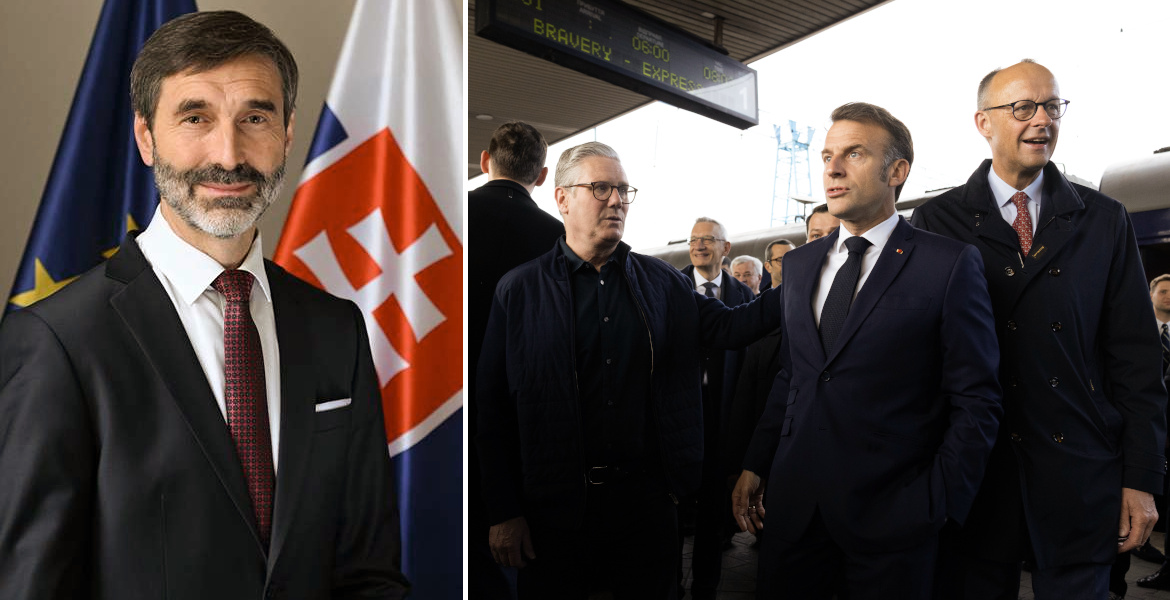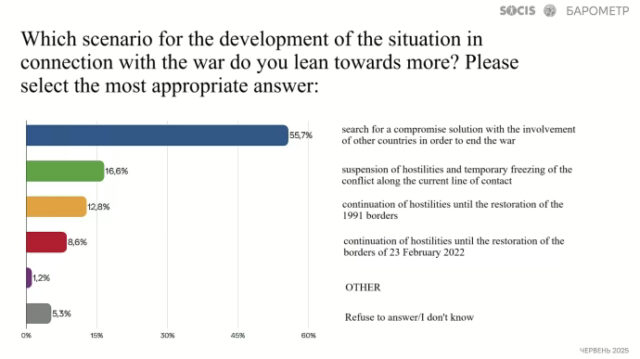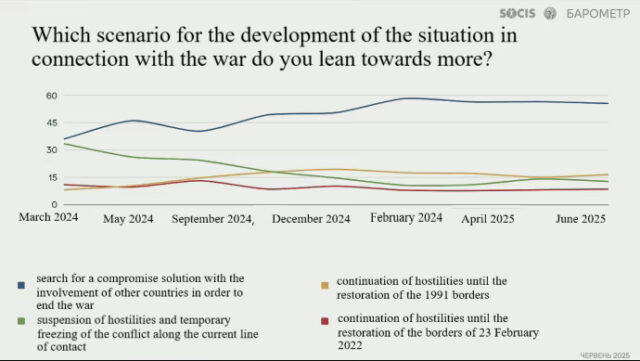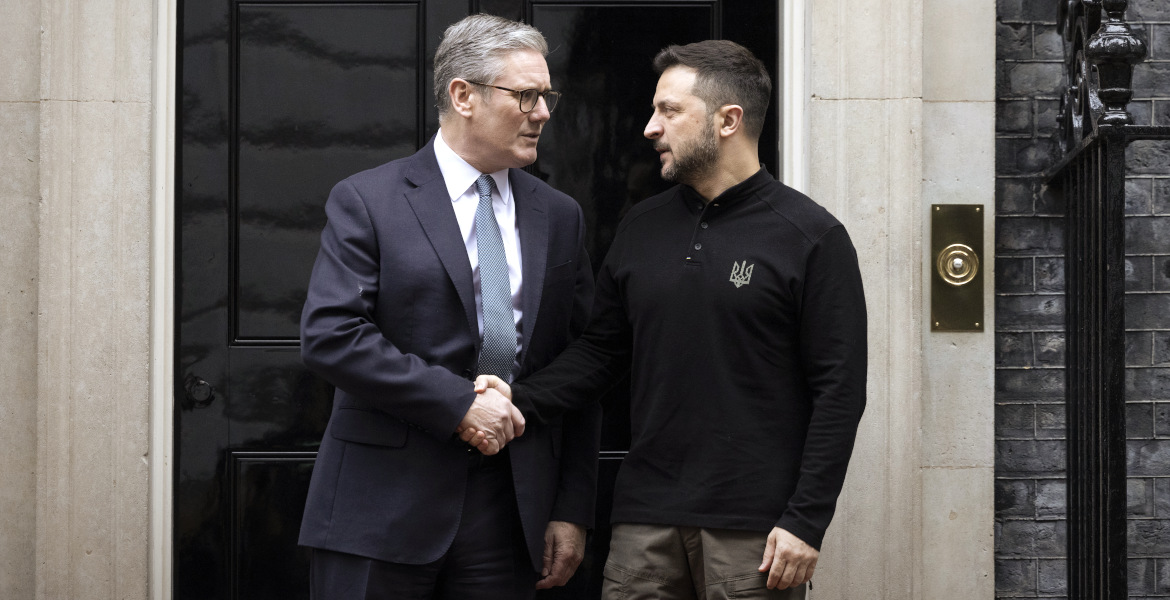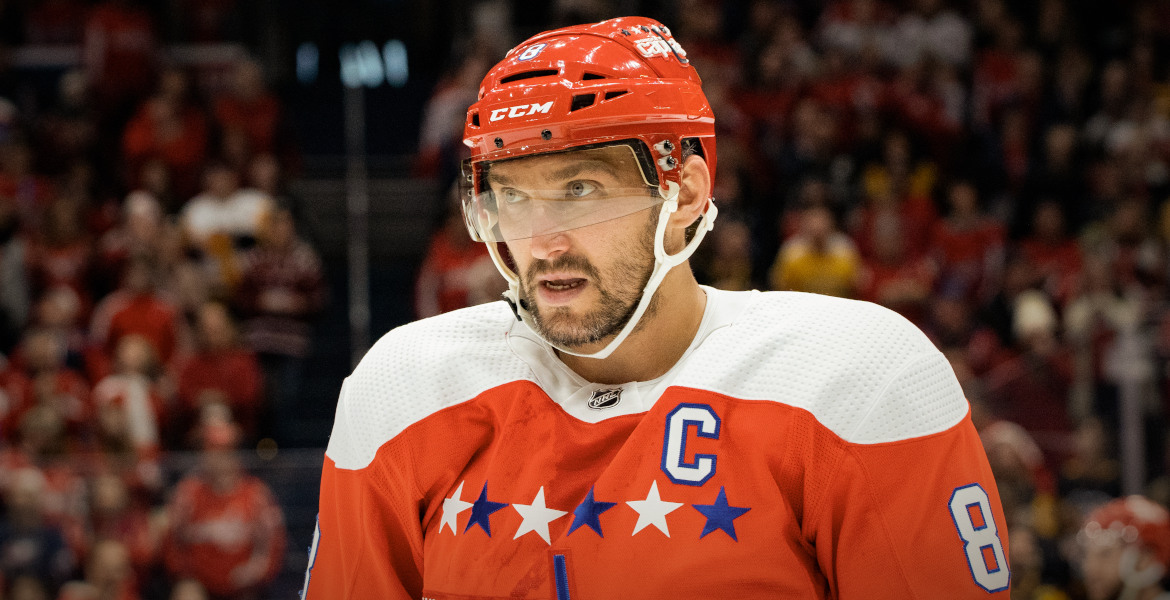The leaders of a number of European countries, including Italy and Germany, are rejecting the terms for a cease-fire in Ukraine recently presented by Russian President Vladimir Putin.
Italian Prime Minister Giorgia Meloni calls the peace plan “propaganda”, and German Chancellor Olaf Scholz dismisses the Russian proposal as a “dictatorial peace”.
In short, Russia’s conditions for peace negotiations are that Ukraine withdraw from the oblasts of Donetsk, Luhansk, Kherson and Zaporizhzhya and agree to remain neutral and not join NATO.
This weekend’s peace conference in Switzerland – to which Russia was not invited – brought together leaders from some 90 countries and global institutions to discuss how to bring the war to an “acceptable” end.
The draft declaration issued at the summit states that any peace terms that involve Ukraine ceding territory to Russia, and Zelenskyi’s chief of staff, Andriy Yermak, tells the BBC that there will be “no compromise on independence, sovereignty or territorial integrity”.
Similar rhetoric was heard from European leaders, with Giorgia Meloni declaring that “it doesn’t seem particularly effective to me as a negotiation proposal to tell Ukraine that it must withdraw from Ukraine”.
UK prime minister Rishi Sunak argues that Putin is only pretending to negotiate and that Russia is “on the wrong side of history”.
– Freezing the conflict today with foreign troops occupying Ukrainian land is not an answer. In fact, it is a recipe for future wars of aggression, said European commission president Ursula von der Leyen.

Criticism of Russia’s absence
Other leaders expressed disappointment that Russia had not been invited to the conference, such as Slovakia’s foreign minister Juraj Blanar, who said the war could only be ended through diplomacy.
– I do not expect the conference to bring a definite conclusion, because the Russian Federation will be absent, as well as other global players, such as China, he said on Saturday.
At the same time, some leaders seemed a bit weary of the war, with Finland’s Alexander Stubb pointing out that “if we don’t talk about peace, there will never be peace”.
Ukrainian foreign minister Dmytro Kuleba also commented on the criticism of Russia’s non-invitation, admitting that at some point it will be necessary to sit down and talk with Russia at future peace meetings.
– Of course we understand that there will come a time when it will be necessary to talk with Russia, he said, rejecting Putin’s demand that Ukraine hand over the four occupied regions and refrain from joining NATO.
“All conclusions are foregone conclusions”
Colombia’s leftist president, Gustavo Petro, was one of those who decided to cancel his participation in the conference because he felt there was no serious ambition to discuss an end to the war between Moscow and Kiev. Instead, he believes that some forces are trying to prolong the war.
“I am canceling my trip to a meeting in Switzerland and asking Europe to discuss how to end the war, not prolong it”, he wrote on X (formerly Twitter). According to Petro, the conference in Switzerland is “not a free forum for discussing the path to peace between Russia and Ukraine”. “All conclusions are already foregone”, he added.

Stressing that “most Latin American countries and the Colombian government do not agree with the extension of the war”, Petro also believes that diplomacy plays a fundamental role and supports the idea of creating a nuclear-free security zone that physically separates NATO and Russia and “guarantees permanent security in the countries”.
He also said that Colombia is ready to participate in any effort to establish a peaceful dialogue between Russia and Ukraine and that “International law must be restored and strengthened, not the creation of military blocs of states”.
“Facing a catastrophe”
Serbian president Aleksandar Vucic recently went even further, saying that “The train has left the station, and no one can stop it”.
– I believe that we are getting close to the last days of possible rethinking and reconsidering in Ukraine. If those big powers don’t do anything in a short period of time, yes, I’m pretty much certain that we’ll face a real disaster.
– Everybody’s speaking only about war. Nobody wants to reach peace. Nobody speaks about peace. Peace is almost a forbidden word. Please notice this! Because they say we have to win in order to secure a future peace, but nobody’s speaking about a peace… you have to have the other side on the table as well.

According to Vucic, there is a “theory” in the West that they can keep bleeding Russia until they lose the war, whereupon Putin will also be toppled and eventually the West will be able to go in and take over parts of the country, a plan he says is doomed to fail.
– In today’s Europe, they all act like big heroes, but they do not say to their people that they will pay a very big price, he said, adding that all resources should be put into achieving a lasting ceasefire.
“We cannot afford to lose the war.”
He added that NATO and the US “cannot afford to lose the war in Ukraine”.
– First of all, their political legacy will not exist, or it will be so poor that they cannot allow [it]. Number two, the position of Europe and the collective West in geopolitical terms will deteriorate so much that no one will be able to revive it … and number three, it will open Pandora’s box for more movements, at least, and hostilities against [the] collective West in the future.
– But take the other side…. If Putin loses the war, Russia will not exist and will not be shaped like it is today. I mean, when you have these two sides so … far from each other, with their wishes, with their expectations, you see that everything is at stake. Everything. No one can afford to lose. When you have this situation, that’s why I’m saying that we’re getting closer to a real disaster.


